September 9, 2024 | 15:38 GMT +7
September 9, 2024 | 15:38 GMT +7
Hotline: 0913.378.918
September 9, 2024 | 15:38 GMT +7
Hotline: 0913.378.918
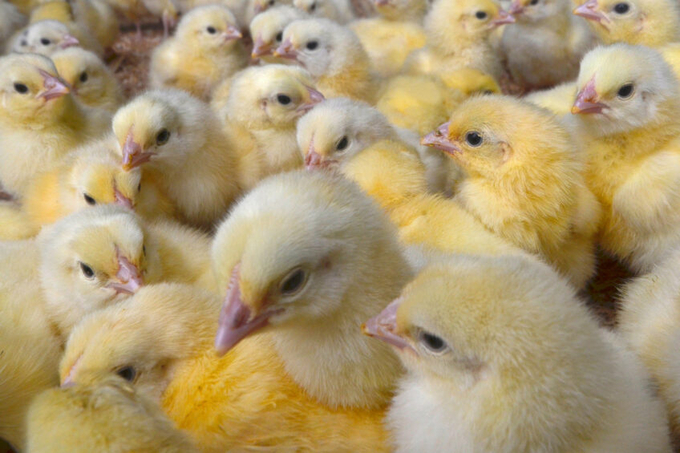
The new study highlights the expansion of intensive farming and the resulting environmental degradation as factors which can raise risks. Photo: Canva
Industrialised farming is often thought to reduce the risk of zoonotic diseases (those transmitted from animals to humans) because of better control, biosecurity and separation of livestock.
The new study, led by the University of Exeter, examines the effect of social and economic factors – which are often overlooked in traditional assessments. It finds that the effects of intensifying agriculture “are at best uncertain and at worst may contribute to emerging infectious disease risk”.
Lead author Professor Steve Hinchliffe, from the University of Exeter, said: “The Covid-19 pandemic reignited interest in emerging infectious diseases, especially zoonotic viruses. The risks of emergence and transmission depend on multiple factors, including contact between humans and animals, and how we use land. Livestock farming plays a potentially significant role in those risks, shaping landscapes and providing hosts that can act as the source or amplifiers of emerging pathogens.”
Social, economic and political factors
While such risks are usually assessed in terms of microbiological, ecological and veterinary sciences, the new study highlights the need to consider social, economic and political factors.
“Disease is always more than a matter of pathogen transmission, contact and contagion,” Professor Hinchliffe said. “The founding myth in intensive farming is that we separate livestock from wildlife and thereby shut off the risk of diseases passing between them. But these farms exist in the real world – so buildings and fences can get damaged, wildlife like rats or wild birds can get in, and workers move around. In short, there will always be accidents.”
Hinchliffe continued to say that once social, economic and political factors are taken into account, the pandemic risk posed by intensive farming is concerning.
Environmental degradation and biosecurity
The paper highlights the expansion of intensive farming and the resulting environmental degradation as factors which can raise risks. It also says intensification leads to a “mixed landscape” with a variety of farming practices and types, which creates the “worst of all possible worlds in terms of emerging infectious disease risk”.
On biosecurity, the paper says some farm businesses find the costs “debilitating”, while regional variations also have an impact. For example, European farm buildings can be old and costly to maintain, large US farms tend to be open-air concrete structures with netting (to avoid the need for air conditioning), and in subtropical areas biosecurity is balanced against the need to reduce overheating of animals.
“The result is a far from bio-contained environment,” the authors write. They also note the close ties between large food companies and national authorities, suggesting “regulatory capture… and the difficulty of decoupling interests”.
Socio-cultural impacts
Co-author Dr Kin Wing (Ray) Chan said: “Increasing on-farm biosecurity, standardisation, and efficiency in farm animal production is not the panacea for achieving a disease-free environment. Rather we need to reconsider the socio-cultural impacts of intensifying farm animal production on planetary health, environmental sustainability and animal welfare issues.”
(PW)

(VAN) Pressure builds on Brussels to delay implementation of new rules that industry says will impose administrative burden.

(VAN) At least 65 people have been sickened by the recalled eggs, CDC says.
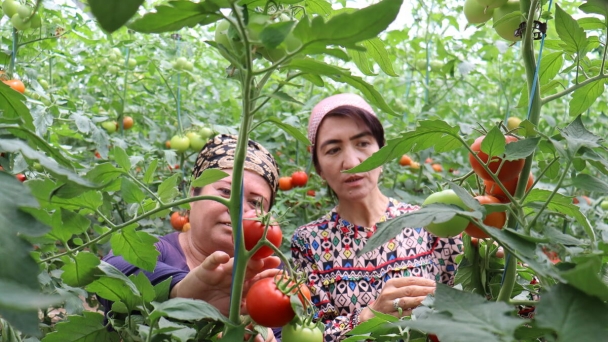
(VAN) FAO Director-General QU Dongyu addresses Partnerships and Investment Forum in Uzbekistan.
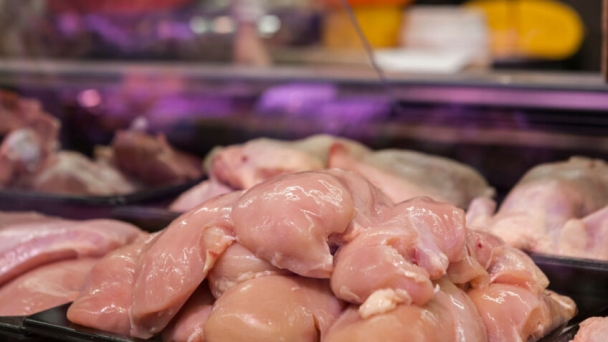
(VAN) Indian company Avee Broilers has announced plans to build a US$43 million poultry genetics facility in Uzbekistan, which will tremendously change trade flows across the central Asian region.
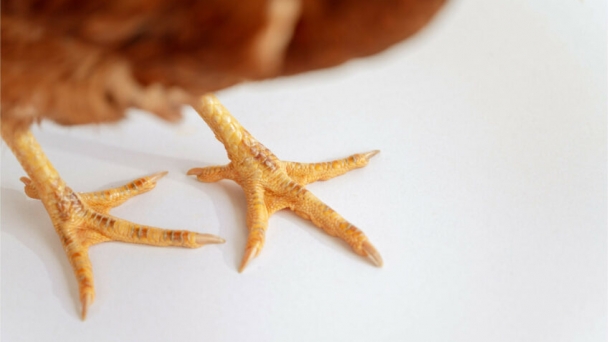
(VAN) Extracting proteins from poultry waste is a sustainable approach for a circular economy, according to researchers.
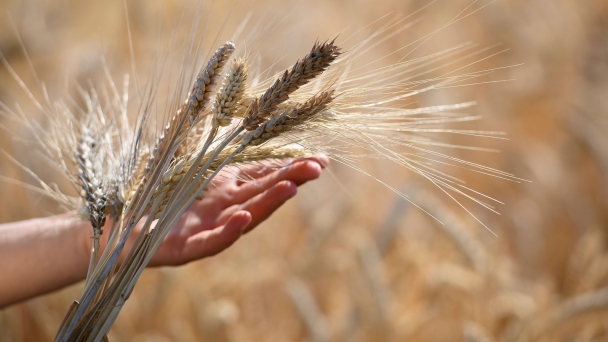
(VAN) New 2024 forecasts for global cereal output point to weather-driven drop in coarse grains offset by expected increases for wheat and rice.

(VAN) In a saddening turn of events, carbon marketplace Nori has announced that it is officially shutting down.